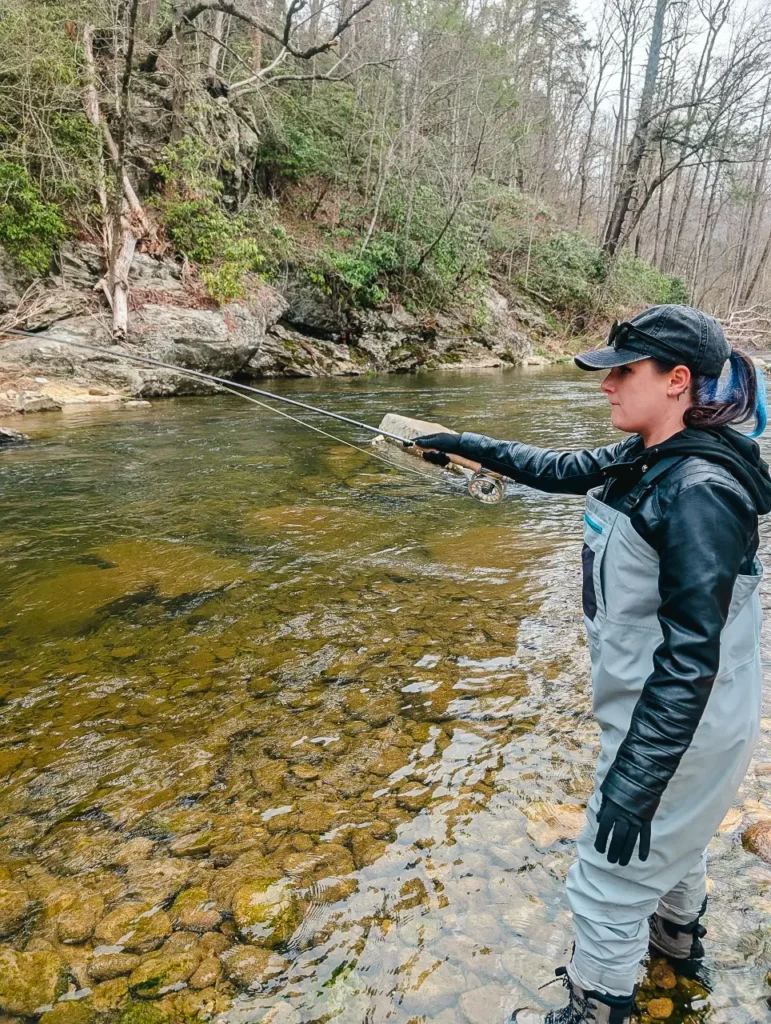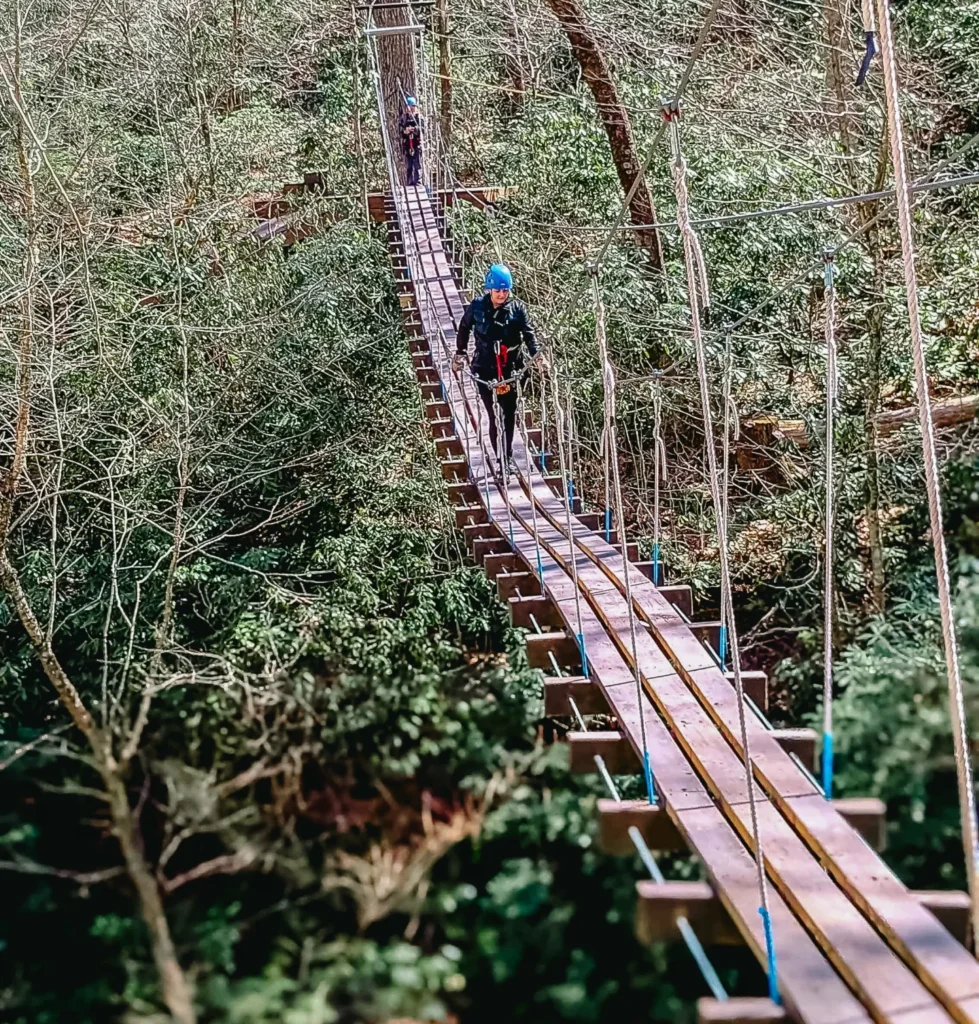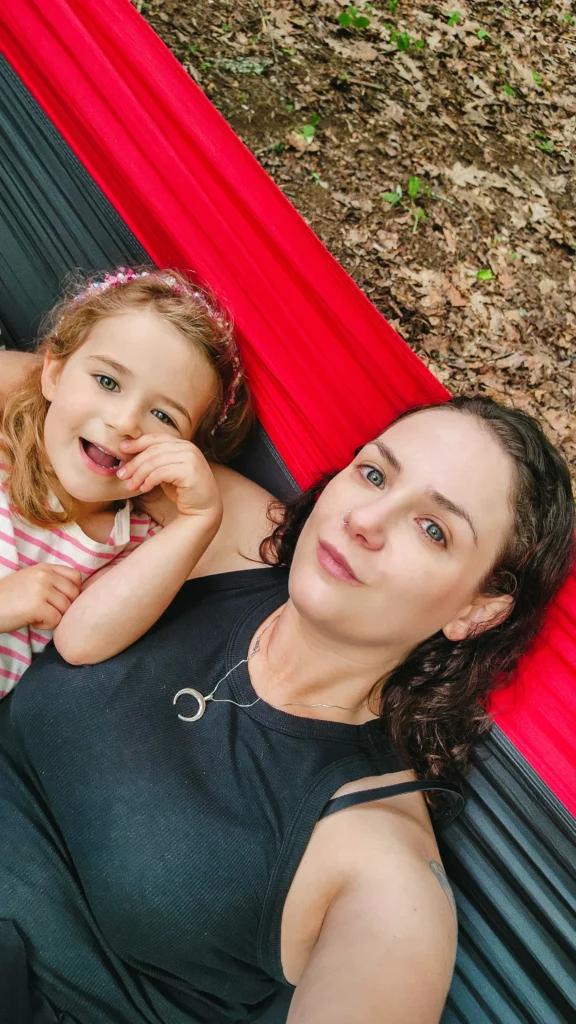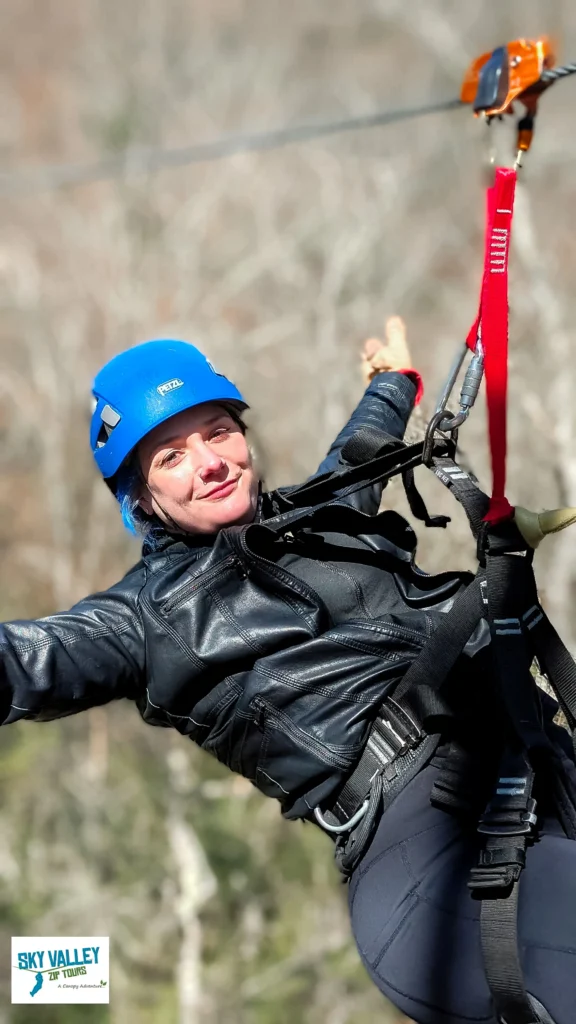By Phoenyx Powell

Listen to this Article
My travel stories don’t look like glossy reels. They’re a mix of determination, humor, and a little chaos. Before my amputation, I never thought about how much effort went into “just getting somewhere.” Now, every trip comes with its own learning curve — and its own small victories.
Greece: beauty with boundaries
Just before my amputation, I traveled to Kalamata in the Peloponnese for a conference — and it was one of the hardest trips I’ve ever done. I was moving on a ruined ankle with a cane, and every hill, staircase, and uneven sidewalk felt like a test.
Ancient Olympia and the ruins of Kalamata Castle were breathtaking, but each came with steep climbs and limited access. Even at the conference hotel, I had to climb stairs to reach meeting rooms because the only elevator in that wing was for staff.
“I was determined to get the most out of it,” I recall. “And I did — but I paid the price when I got home. Aggravating injuries is a souvenir I don’t recommend.” Greece left me with unforgettable memories of history and culture, but also a clear reminder that accessibility can’t be optional.
North Alabama’s unexpected win
When I checked into the AC Hotel in Huntsville, I expected the usual “checkbox accessible” room. Instead, I was met with one of the few hotels that got it right. The roll-in shower was functional, the doorways wide, and the staff handed me a sensory kit with a weighted blanket and ear defenders.
“I nearly cried when I saw that setup,” I admit. “It was the first time I didn’t feel like accessibility was an afterthought.” North Alabama proved that even smaller destinations can raise the bar when they choose to.

Blowing Rock’s mountain balance
Blowing Rock, North Carolina, showed me that outdoor adventure doesn’t have to be out of reach. Many mountain towns are a maze of stairs and steep trails, but the carriage trails at Moses Cone Memorial Park were a rare exception — wide, packed gravel paths that worked with a prosthetic.
“It felt like I could actually be in the mountains, not just watching from the sidelines,” I said. Downtown’s sidewalks are uneven, and parking is limited, but the town makes up for it with accessible restaurants and plenty of places to pause.
Airports: when a disability isn’t always visible
I get flagged for a pat-down every time. That part I expect. What wears me down is the constant questioning from gate agents about why I need to preboard with other disabled travelers — as if I’m asking for a favor instead of a safe accommodation.
Strangers don’t always see my prosthetic under my pants. They certainly don’t see my chronic illness or brain injury. What they do see is me boarding early, and I get the side-eye for “cutting the line.” The truth is, preboarding lets me walk on without the risk of being knocked off balance in a crowded jet bridge. It’s not a special treatment. It’s how I travel safely.



